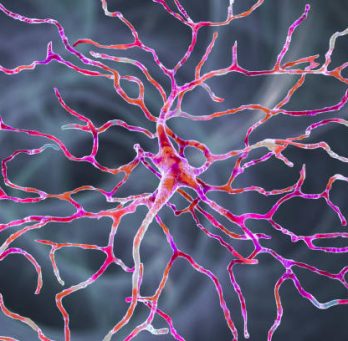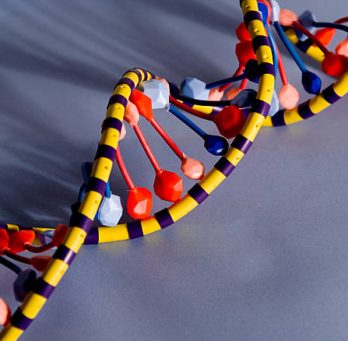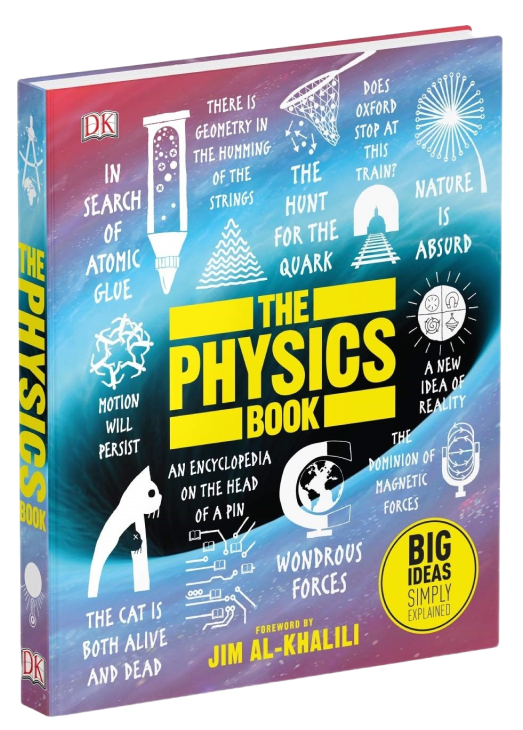Introduction to Physics
What is physics?
Physics is a branch of science that studies the natural world: energy and matter and how they are related. Physicists study the nature of the movement of electrons and rockets, the energy in light and sound waves, and in electrical circuits, and the composition of matter from the electron to the universe. The goal of studying it is to help you understand the physical world around you. Physicists work in many fields and professions; some work as researchers in universities and colleges or in factories and research centers. Others work in other fields related to physics, including astronomy, engineering, computer science, education, and pharmacy. Others use physics problem-solving skills in business, finance, and other fields. Physicists use mathematics as a language capable of expressing physical laws and phenomena in a clear and understandable way.
Personality traits of physics majors
- Analytical and deductive skills
- Ability to solve problems
- Ability to understand and memorize
- Familiarity with the skills of solving mathematical problems
- Skills of arrangement and organization
- Knowledge of the basic laws of physics
- Familiarity with the skills of solving mathematical problems
- Ability and ability to comprehend and understand physical and mathematical equations
List of specializations that can be joined

Astronomy Customization
It is a natural science that studies astronomical phenomena and celestial objects. Astronomy uses mathematics, physics, and chemistry to explain the origin and evolution of these phenomena and objects. Objects of interest include planets, moons, stars, nebulae, galaxies, and comets. Related phenomena include supernova explosions, gamma-ray bursts, quasars, supernovae, pulsars (different from pulsars), and the cosmic microwave background radiation. In general, astronomy studies everything that originates outside the Earth’s atmosphere. Cosmology is a branch of astronomy. It studies the universe as a whole.
More

Chemistry major
It is the science that studies matter and the changes that occur to it, specifically by studying its properties, structure, composition, behavior, interactions and what they cause through it. Chemistry studies atoms and the bonds that occur between them to form molecules, and how these molecules are linked together to form matter. It also studies the interactions that occur between them. Chemistry is of great importance in our lives, and enters into many fields and plays an important role in industries of various kinds, such as food industries, the manufacture of cleaning materials, paints, dyes, the manufacture of medicines and drugs, textiles, clothing, weapons and others. It has other applications in medicine and other sciences. Chemistry is called the “central science” due to its essential role in linking the natural sciences together.
More

Engineering and Agriculture Specialization
It is engineering applications in the fields of agriculture and is part of the engineering sciences and branches into several fields including agricultural production and natural resource management. Agricultural engineers apply their engineering knowledge and skills to solve problems related to sustainable agricultural production, and perform agricultural design work and design agricultural machinery and equipment and perform planning tasks, supervision and manage production plans such as flow dairy plant plans, irrigation and drainage and develop methods for conserving soil and water. Agricultural engineers also work to estimate environmental impacts and translate research results and apply related practices. Some of the features include the electrical system, structure design mechanisms, environmental science, food, and improving and processing agricultural products.
More

Mathematics
It is a body of abstract knowledge resulting from logical deductions applied to various mathematical objects such as sets, numbers, shapes, structures and transformations. Mathematics is also concerned with studying topics such as quantity(1), structure(2), space and change.(3) There is no generally agreed-upon definition of the term yet.
Mathematicians seek to use mathematical patterns to formulate new hypotheses; by using mathematical proofs in order to reach the truth and eliminate previous or false hypotheses. Through the use of abstraction and logic, mathematics has developed from counting, calculation and measurement to the systematic study of the shapes and movements of physical objects.
More

Engineering and Agriculture major
It is the science that studies matter and the changes that occur to it, specifically by studying its properties, structure, composition, behavior, interactions and what they cause through it. Chemistry studies atoms and the bonds that occur between them to form molecules, and how these molecules are linked together to form matter. It also studies the interactions that occur between them. Chemistry is of great importance in our lives, and enters into many fields and plays an important role in industries of various kinds, such as food industries, the manufacture of cleaning materials, paints, dyes, the manufacture of medicines and drugs, textiles, clothing, weapons and others. It has other applications in medicine and other sciences. Chemistry is called the “central science” due to its essential role in linking the natural sciences together.
More

Physical Therapy Specialization
A branch of medicine that provides services to individuals to treat medical conditions using natural and physical methods, and works to develop, maintain and restore movement to its maximum level and functional capacity at all stages of life, and works to add hope to therapeutic cases. It also includes examining and evaluating the entire medical condition, in addition to providing services in conditions where movement is threatened by aging, injuries, diseases or environmental factors.
More

Scientific discipline / Science
It is a systematic approach to constructing and organizing knowledge in the form of testable explanations and predictions. (1)(2) The concept of science is based on the term scientific methodology, which in turn studies data, develops hypotheses to explain them, and tests them, all of this process to reach knowledge based on experience and confirming its validity rather than guesswork.
The roots of the first sciences can be traced back to ancient Egypt and Mesopotamia in about 3500 to 3000 years BC. (3) Their contributions to mathematics, astronomy, and medicine shaped the Greek natural philosophy of classical antiquity

